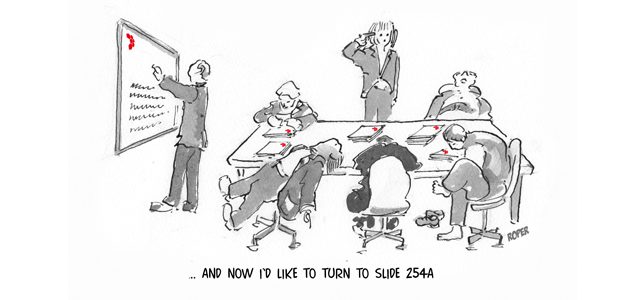We don’t believe you can pretend to be what you’re not; this is a fundamental principle when we’re coaching anyone to be a better leader. But recent research suggests you can change the way you feel by altering your body language. Can you really ‘fake it till you make it’?
Take a look at this fascinating TED talk by Amy Cuddy about body language. In particular, watch out for what she refers to as ‘non-verbals’. Here, Amy is exploring the science of body language and the impact that it can have on the way we feel, not just about others, but most importantly about ourselves.
We all know that body language governs how other people think and feel about us. If you sit in a meeting with your hand against your neck, making yourself as small as you can, you are giving out subliminal messages of a lack of authority, gravitas and power.
At the other end of the spectrum if you take up as much physical space as possible – spreading out your papers on the table in front of you or stretching your hands behind your head – it’s very clear to you, and to others, that you see yourself as dominant and powerful. It might even be seen as aggressive behaviour.
So we know about the impact that our body language has on others – what about if our body language governs how we think and feel about ourselves? When you smile, for example, you release endorphins. That would seem logical, but it’s also been proved that if you hold a pen in your mouth for two minutes, the sheer act of doing this also releases endorphins.
Is it possible therefore, to assume and hold a ‘powerful’ open posture that subsequently makes you feel more confident and assertive?
According to the scientific data, this is the case. Experiments have been carried out measuring testosterone levels in saliva before and after adopting and holding ‘powerful’ body language for a couple of minutes. The results would suggest that you can alter the way you feel about yourself in certain situations (such as before going into an important meeting), by consciously choosing your behaviour and body language before you enter the room. This leads onto the assumption that you can actually change the way you feel about yourself by doing this.
Although it seems counterintuitive, the body language you adopt can create the positive feelings, rather than waiting for the positive feelings to generate the body language.
The next time you go into a meeting, be aware of how your body language affects how those around you perceive and react to you!

